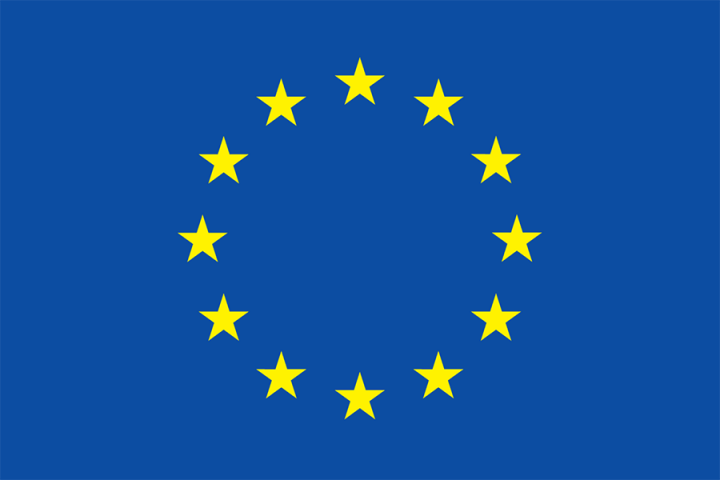
CISUFLO: route to circular & sustainable floor coverings
Carpets, vinyls and wood laminates have a lasting useful life, and they are ubiquitously present in our interiors. However, once discarded, they have a negative impact on the environment, since their actual recycling processes are limited.
CISUFLO aims to set up a systemic framework for circular and sustainable floor coverings (carpets, resilient floor coverings and laminates) and to minimize the total environmental impact of the sector.
Challenges in view of a transition to a circular economy:
- complex value chain, varying from country to country (installation, waste collection, type of flooring);
- linked to various other sectors (construction & building, plastics, textiles & wood, interior design);
- product types cover various raw materials, with wood and polymers (PA, PP, PVC) as main raw materials, but also numerous additives;
- product lifetimes range from over 10 years (residential flooring) to 3-4 days (event carpet).
The CISUFLO project aims to develop innovative circular products for the flooring industry, prompting, in the long run, the adoption of a circular economy model throughout the entire value chain and beyond.
CISUFLO foresees the implementation of six pilots focusing on manufacturing, sorting, separation and recycling of floor coverings and scaling up of novel technologies. The pilots cover three different value chains and sectors: carpets, vinyls, and wood laminates.
CISUFLO will establish new synergies with other linked sectors and providing policymakers with useful inputs for standardization and legislation.
The basis for circularity is realizing circular material streams.
Therefore, we focus on the main flooring material streams: wood (for laminates), PA (for carpets) and PVC (for resilient). Less abundant materials will be singled out in enriched streams which will be combined with similar streams from other sectors as input for recycling plants. We aim to realize circularization via systemic innovations that deliver value along the chain:
- manufacturing future flooring that is easier to remove, replace, repair & recycle, will be a competitive advantage to the manufacturer, but is also beneficial to several players along the value chain;
- integrated product information system not only enables sorting, but also offers extra functionalities, and thus value for installation, cleaning and maintenance, and even offers (sustainability) info for customer at purchasing phase.
Our final aim is to realize a sustainable competitive EU flooring manufacturing industry.
Partners
Coordination
Centexbel (Belgium)
Research partners
- TFI - Institut Für Bodensysteme - RWTH Aachen EV (Germany)
- Teknologian Tutkimuskeskus VTT Oy (Finland)
- TNO (The Netherlands)
- Rheinisch-Westfaelische Technische Hochschule Aachen (Germany)
- Institut Technologique FCBA (France)
Belgian industrial partners
- Beaulieu International Group
- Unilin
- Deceuninck
European Associations
- European Floor Coverings Association
- European Plastics Converters
- EPF - European Panel Federation
Acknowledgements

This project has received funding from the European Union’s Horizon 2020 Research and Innovation Programme under Grant Agreement No 101003893.




